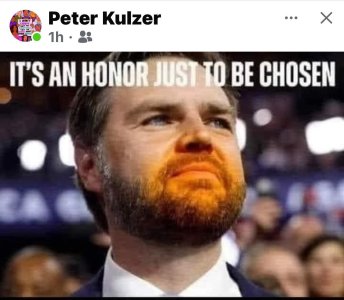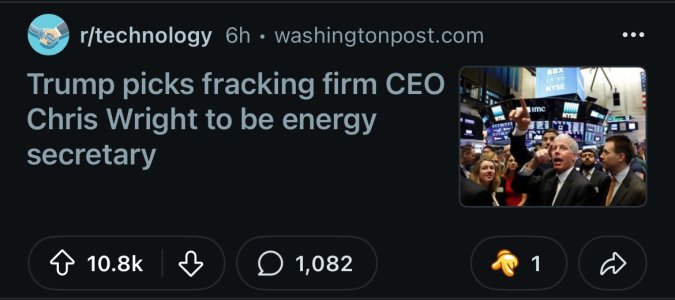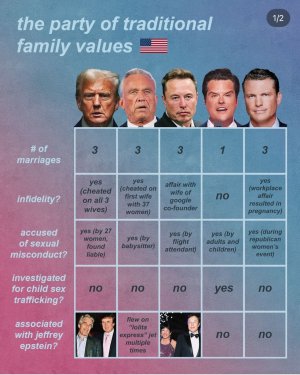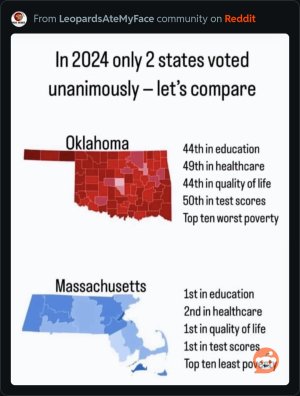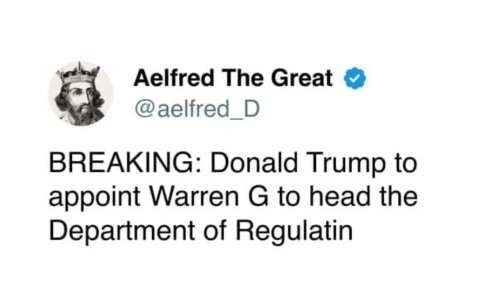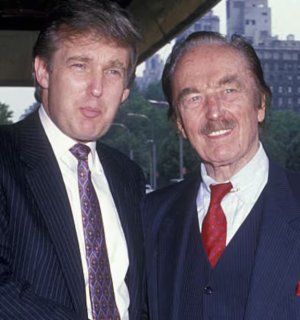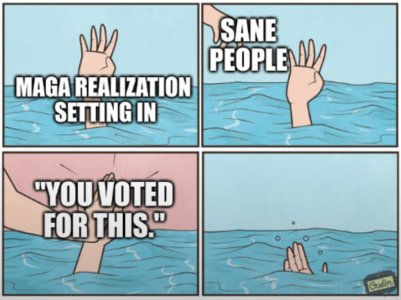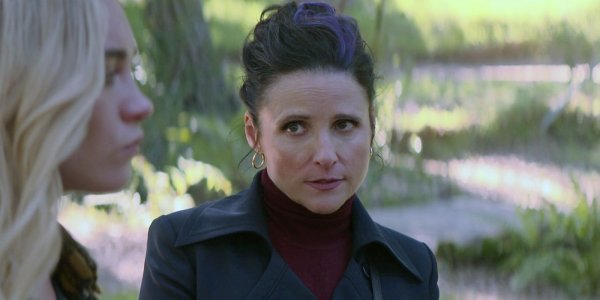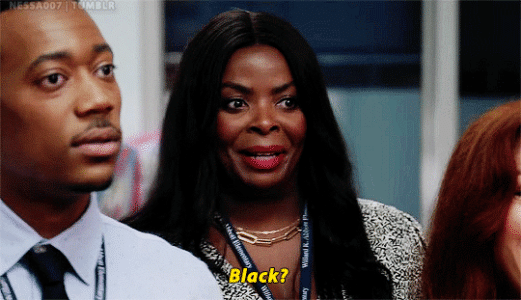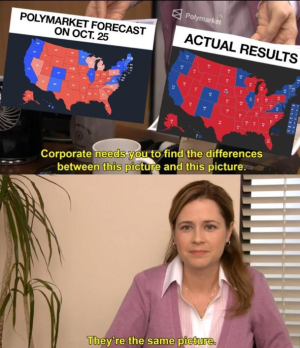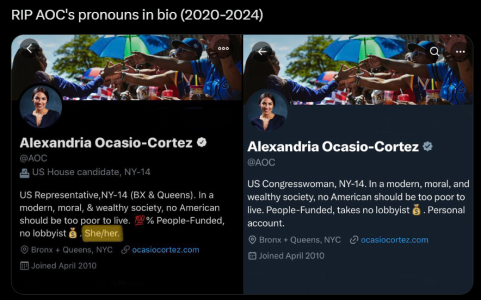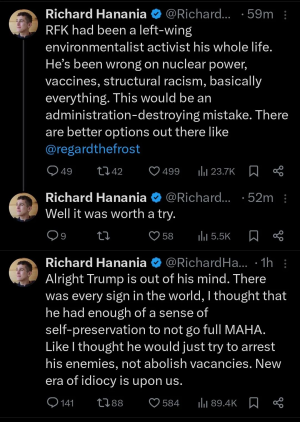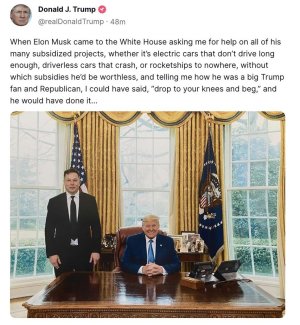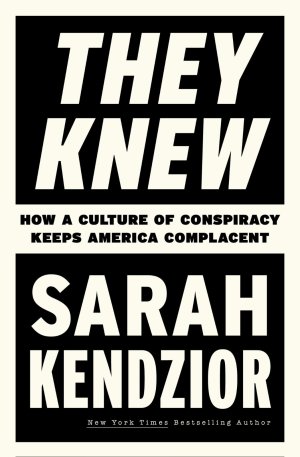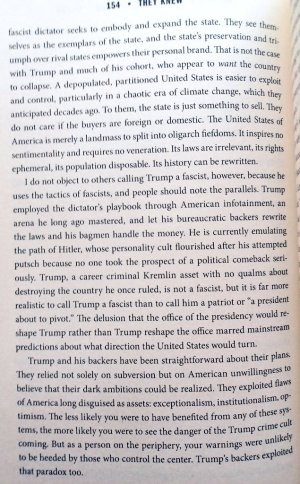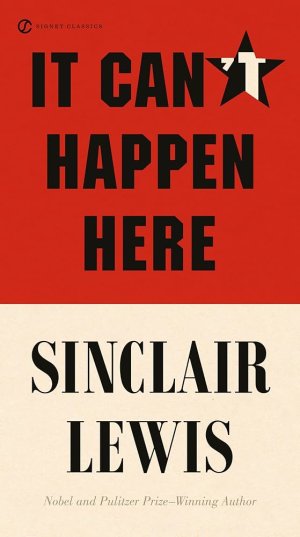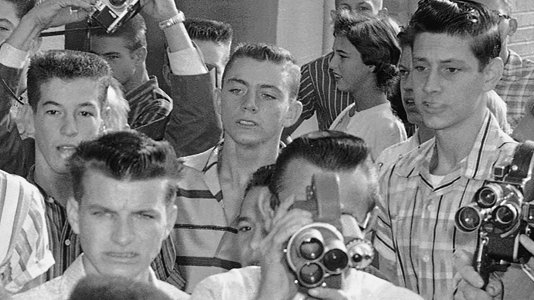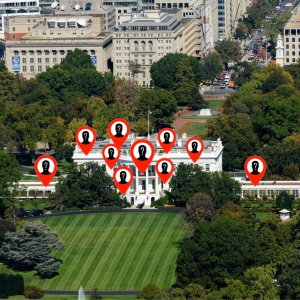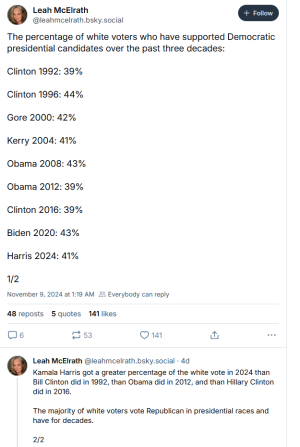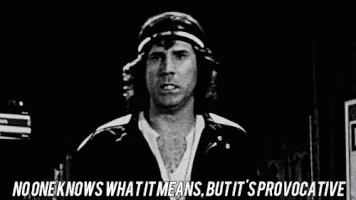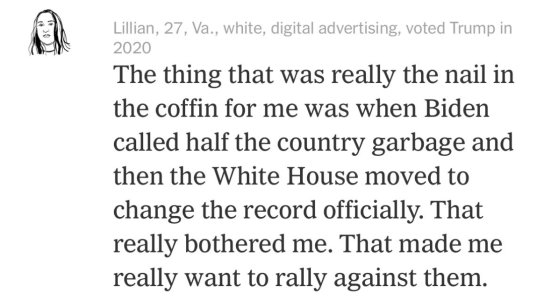In mid-July 2016, a retired American professor approached an adviser to Donald Trump’s presidential campaign at a symposium about the White House race held at a British university.
The professor took the opportunity to strike up a conversation with Carter Page, whom Trump had named a few months earlier as a foreign policy adviser.
But the professor was more than an academic interested in American politics — he was a longtime U.S. intelligence source. And, at some point in 2016, he began working as a secret informant for the FBI as it investigated Russia’s interference in the campaign, according to people familiar with his activities.
The role played by the source is now at the center of a battle that has pitted President Trump against his own Justice Department and fueled the president’s attacks on the special counsel’s investigation. In a Thursday
tweet, he called the probe “a disgusting, illegal and unwarranted Witch Hunt.”
In recent days, Trump and his allies have
escalated their claims that the FBI source improperly spied on the campaign.
“Reports are there was indeed at least one FBI representative implanted, for political purposes, into my campaign for president,” he
tweeted Friday. “It took place very early on, and long before the phony Russia Hoax became a ‘hot’ Fake News story. If true — all time biggest political scandal!”
There is no evidence to suggest someone was planted with the campaign. The source in question engaged in a months-long pattern of seeking out and meeting three different Trump campaign officials.
The Washington Post — after speaking with people familiar with his role — has confirmed the identity of the FBI source who assisted the investigation, but is not reporting his name following warnings from U.S. intelligence officials that exposing him could endanger him or his contacts.
The source declined multiple requests for comment. A FBI spokeswoman declined to comment.
Page was one of three Trump advisers who the FBI informant contacted in the summer and fall of 2016 for brief talks and meetings that largely centered on foreign policy, according to people familiar with the encounters.
“There has been some speculation that he might have tried to reel me in,” Page, who had numerous encounters with the informant, told The Post in an interview. “At the time, I never had any such impression.”
In late summer, the professor met with Trump campaign co-chairman Sam Clovis for coffee in Northern Virginia, offering to provide foreign-policy expertise to the Trump effort. In September, he reached out to George Papadopoulos, an unpaid foreign-policy adviser for the campaign, inviting him to London to work on a research paper.
Many questions about the informant’s role in the Russia investigation remain unanswered. It is unclear how he first became involved in the case, the extent of the information he provided and the actions he took to obtain intelligence for the FBI. It is also unknown whether his July 2016 interaction with Page was brokered by the FBI or another intelligence agency.
The FBI commonly uses sources and informants to gather evidence and its regulations allow for use of informants even before a formal investigation has been opened. In many law enforcement investigations, the use of sources and informants precedes more invasive techniques such as electronic surveillance.
Earlier this month, House Intelligence Committee Chairman Devin Nunes (R-Calif.) issued a subpoena to the Justice Department
for all documents related to the FBI informant. Justice Department officials have declined to provide the information, warning that exposing him could have severe consequences.
In a May 2 meeting, senior FBI and national intelligence officials
warned the White House that information being sought by Nunes risked the source’s safety and that of his sources, and could damage U.S. relationships with its intelligence partners.
The stakes are so high that the FBI has been working over the past two weeks to mitigate the potential damage if the source’s identity were revealed, according to several people familiar with the matter. The bureau took steps to protect other live investigations that he has worked on and sought to lessen any danger to associates if his identity became known, said these people, who spoke on the condition of anonymity to discuss sensitive intelligence operations.
For years, the professor has provided information to the FBI and the CIA, according to people familiar with the matter. He aided the Russia investigation both before and after special counsel Robert S. Mueller III’s appointment in May 2017, according to people with knowledge of his activities.
Exactly when the professor began working on the case in unknown.
The FBI formally opened its counterintelligence investigation into Russia’s efforts to influence the 2016 campaign on July 31, 2016, spurred by a report from Australian officials that Papadopoulos boasted to an Australian diplomat of knowing that Russia had damaging material about Democratic nominee Hillary Clinton.
The professor’s interactions with Trump advisers began a few weeks before the opening of the investigation, when Page met the professor at the British symposium.
Page recalled his conversation with the professor as pleasant, if not particularly memorable. It was the first interaction they ever had, he said.
The conference was held days after Page had traveled to Russia, where he had delivered a speech at Moscow’s New Economic School that publicly criticized U.S. foreign policy.
Page had been on the FBI’s radar
since at least 2013, when the FBI caught two accused Russian spies on a wiretap discussing their attempts to recruit him. Later in 2016, Page became a surveillance target of the FBI, which suspected him of acting on behalf of the Russian government — an assertion he denies. Page has accused the government of abusing its authority by unfairly targeting him.
Page and the FBI informant stayed in touch after the conference, meeting several times in the Washington area, Page said. Page said he did not recall exactly what the two men discussed.
“You are asking me about conversations I had almost two years ago,” he said. “We had extensive discussions. We talked about a bunch of different foreign-policy-related topics. For me to try and remember every nuance of every conversation is impossible.”
In late August 2016, the professor reached out to Clovis, asking if they could meet somewhere in the Washington area, according to Clovis’s attorney, Victoria Toensing.
“He said he wanted to be helpful to the campaign” and lend the Trump team his foreign-policy experience, Toensing said.
Clovis, an Iowa political figure and former Air Force officer, met the source and chatted briefly with him over coffee, on either Aug. 31 or Sept. 1, at a hotel cafe in Crystal City, she said. Most of the discussion involved him asking Clovis his views on China.
“It was two academics discussing China,” Toensing said. “Russia never came up.”
The professor asked Clovis if they could meet again, but Clovis was too busy with the campaign. After the election, the professor sent him a note of congratulations, Toensing said.
Clovis did not view the interactions as suspicious at the time, Toensing said, but now is unsettled that the professor never mentioned his contacts with other Trump aides.
Days later, on Sept. 2, 2016, the professor reached out to a third Trump aide, emailing Papadopoulos.
People familiar with his outreach to Papadopoulos said it was done as part of the FBI’s investigation. The young foreign-policy adviser had been on the radar of the FBI since the summer, and inside the campaign
had been pushing Trump and his aides to meet with Russian officials.
“Please pardon my sudden intrusion just before the Labor Day weekend,” the professor wrote to Papadopoulos in a message described to The Post.
He said he was leading a project examining relations between Turkey and the European Union. He offered to pay Papadopoulos $3,000 to write a paper about the oil fields off the coast of Turkey, Israel and Cyprus, “a topic on which you are a recognized expert.”
It is a long-standing practice of intelligence operatives to try to develop a source by first offering the target money for innocuous research or writing.
The professor invited Papadopoulos to come to London later that month to discuss the paper, offering to pay the costs of his travel. “I understand that this is rather sudden but thought given your expertise, it might be of interest to you,” he wrote.
Papadopoulos accepted. While in London, he met for drinks with a woman who identified herself as the professor’s assistant, before meeting on Sept. 15 with the professor at the Traveler’s Club, a 200-year-old private club that is a favorite of foreign diplomats stationed in London, according to the emails described to The Post.
After Papadopoulos returned to the United States and sent his research document, the professor responded: “Enjoyed your paper. Just what we wanted. $3,000 wired to your account. Pls confirm receipt.”

 And the Masters Program had not been established yet when I was looking to back to school. Great professors though, welp at least the ones I had.
And the Masters Program had not been established yet when I was looking to back to school. Great professors though, welp at least the ones I had.








